The rumours of Doctor Who‘s death are frequently exaggerated. And over the years, many people have confidently predicted its downfall…
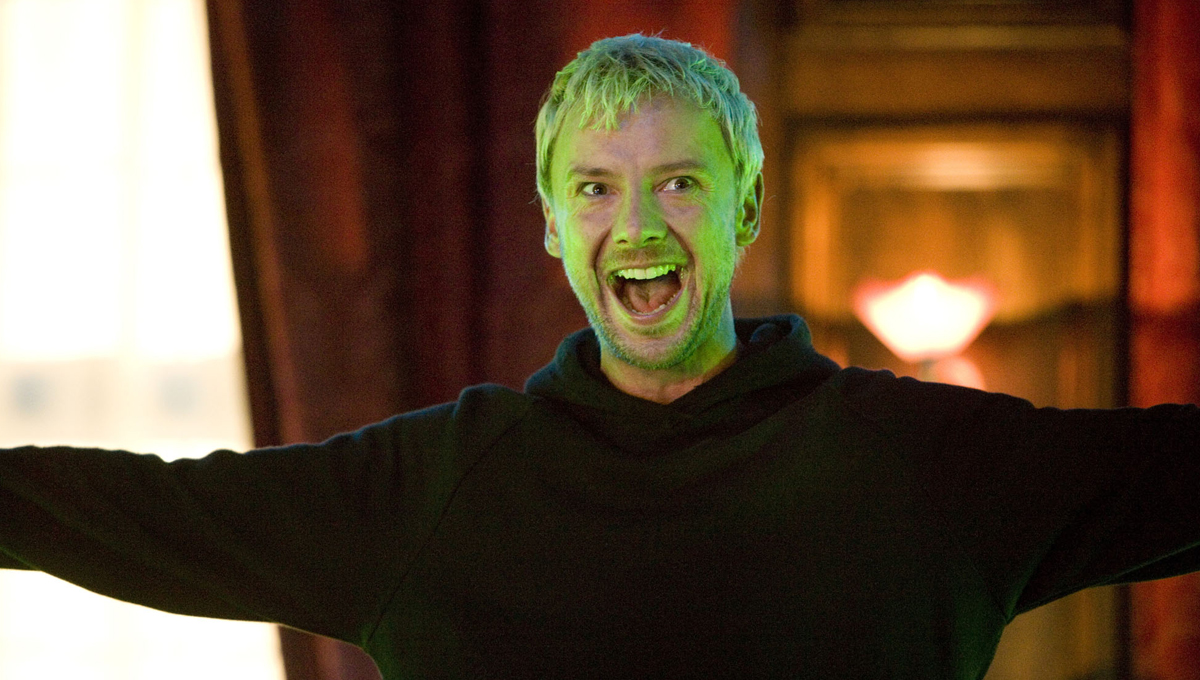
“You can’t have Doctor Who without Doctor Who!”
This may be a line from Mark Gatiss’ docudrama An Adventure in Space and Time, but the sentiment is true. As Doctor Who rolled on through the sixties, it became clear that the show couldn’t continue with William Hartnell. The actor’s health was in decline, and his memory was affected, making it difficult for him to remember his lines. At the same time, his relationships with his co-stars and certain members of the production team was, at times, strained, leading to a difficult work environment.
It was clear, therefore, that the programme would have to end; the phrase, “You can’t have Doctor Who without Doctor Who” may never have been uttered, but many people were thinking it. The idea of simply swapping William Hartnell for a younger alternative was ridiculous, and there was no guarantee that the public would buy into it. And in 1966, as Doctor Who began its fourth season, there was a serious question mark over its future.
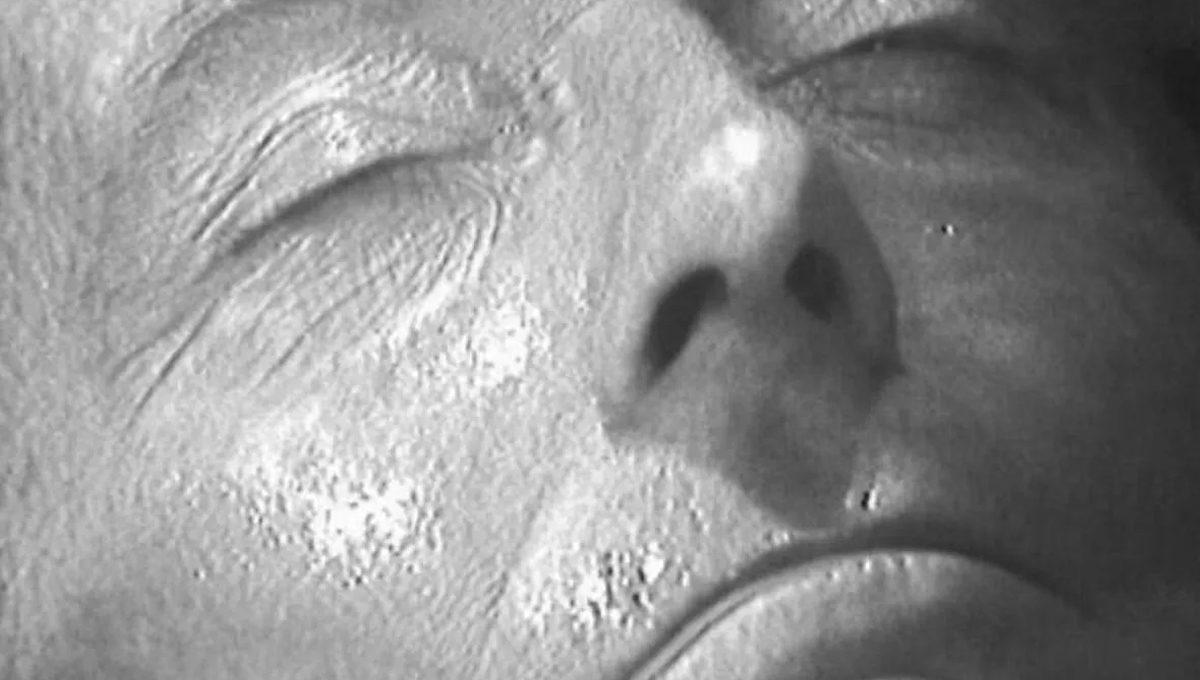
But as we all know, Patrick Troughton won the hearts of legions of fans worldwide – a trend which continues to this day as new generations of viewers discover his episodes.
The Trial of a Time Lord
It’s no secret that the BBC had completely lost faith in its flagship show in the 1980s. The top executives were not only predicting its demise, but actively working to kill it off. The then-controller of BBC One, Michael Grade, felt that the show looked tired and worn out; in his eyes, it didn’t stand a chance against the big budget American movies like Star Wars, Close Encounters of the Third Kind and ET, and he thought – for want of a better word – that Doctor Who had become a laughing stock.
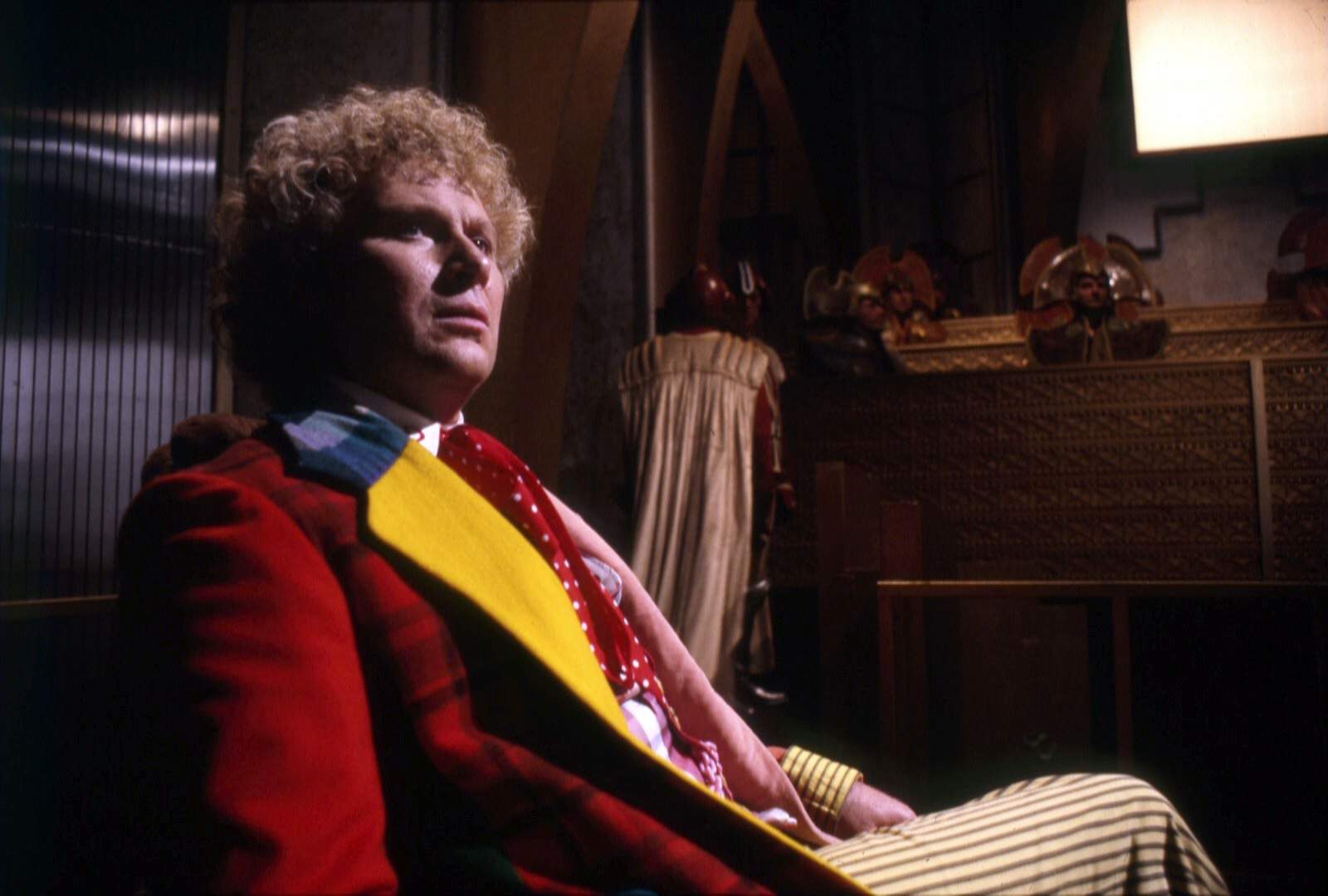
This was an odd viewpoint to take. Certainly, Doctor Who didn’t have the production values of the cinema, but no television show did. And the ratings were strong and consistent; the show frequently pulled in an average of 6 to 7 million – a number that was sustained over 26 episode-long seasons, which is no mean feat. And the show’s 20th anniversary celebrations in 1983 proved that it had truly become a juggernaut.
Despite this, the BBC pulled the plug on the show in 1985 – and quickly back-peddled in the wake of the backlash. Doctor Who returned in 1986 with an epic, season-long story titled ‘The Trial of a Time Lord,’ but it was fighting for its life – something that was echoed in the story’s theme.
Nevertheless, this was a show that was proving its resilience, and would continue to do so.
“It’s had its day…”
Doctor Who may have been officially and unceremoniously pulled from the airwaves in 1989, but this was not the end. The series entered what has become known as The Wilderness Years, and continued in the form of the Virgin book series, the TV movie, the BBC books, and the Big Finish audios. Towards the end of this period, there was a big push to bring back Doctor Who as an animated series with Richard E. Grant at the helm – although, in the end, only one adventure was released.
The reasons why the BBC never bit the bullet and commissioned a full series are complicated. For a start, there were many interested parties competing for the rights, including a number of independent productions companies, Amblin Entertainment and latterly Fox. These negotiations prevented the BBC from making their own adventures, and indeed a planned 30th anniversary special titled ‘The Dark Dimension‘ was halted at the request of future Doctor Who producer Philip Segal, who was with Amblin at the time.
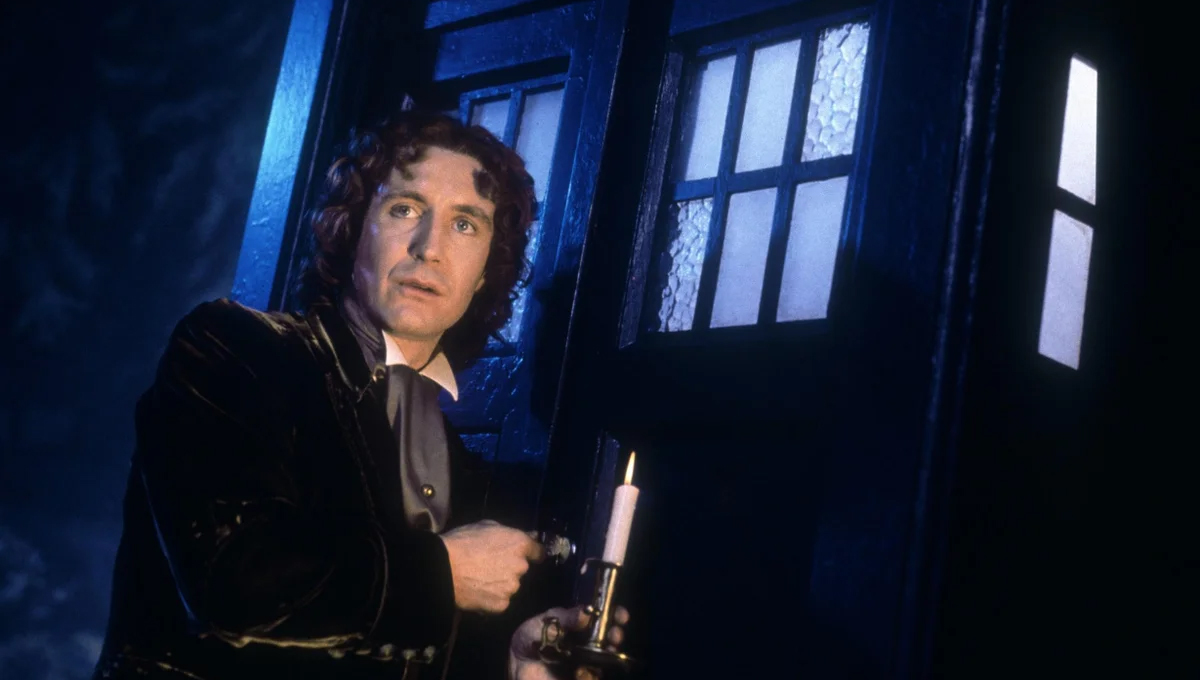
After this, it was the Daleks (ironically) who were getting in the way of Doctor Who‘s return. The BBC didn’t own the full rights to the monsters, as they were created by Terry Nation, and some people at the BBC seemed to think that any future Doctor Who series would be impossible without the Daleks. (This, apparently, is the reason why the animated series took so long to appear.)
Certainly, the Daleks were a sticking point, and even when the BBC did finally commission a new live action series in 2003, this was initially without the Daleks, and rumours suggest that the Toclafane were originally planned as the mutants’ replacements.
The key takeaway, though, is that despite the 1989 cancellation, and despite the ‘failed’ Fox movie, and despite the legal issues with the Daleks, Doctor Who still endured – even when Brian Hodgson stated in the 1999 Doctor Who Night documentary that the show had “had its day… We’ve moved on. The world of television is now so advanced and so sophisticated that I think [it has been] consigned to the history books.”
“The ratings are falling, and so is the sky!”
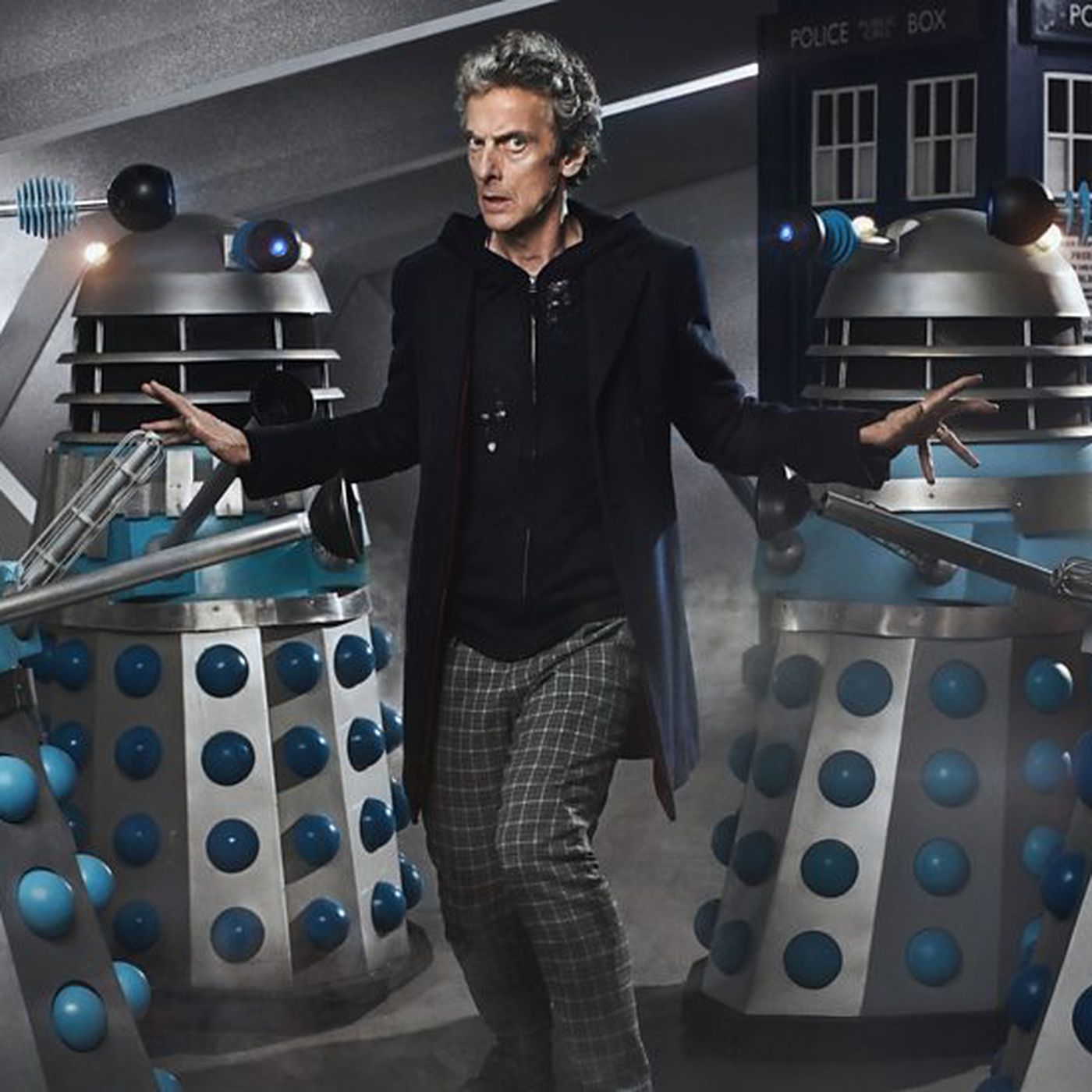
Doctor Who fans love to analyse the ratings and decry the programme’s imminent cancellation. We’ve certainly written about the ratings many times because, let’s face it – it’s fun. And fans, forum-posters and tabloid journalists alike do seem to derive a certain glee (is ‘glee’ the right word?) when the ratings dip below 7 million, or 6 million, or (perish the thought) 5 million. Many a fan is frequently hovering their chisel over the Time Lord’s tombstone.
And it’s easy to forget that even during the golden age of Christopher Eccleston and David Tennant, Doctor Who wasn’t always delivering headline ratings. ‘The Doctor Dances,’ for example, was ‘only’ watched by 6.86 million people. ‘The Satan Pit’ had an overnight rating 5.5 million. ‘Blink‘ (which is often cited as a fan favourite) had a rating of 6.62 million.
And there were further lows during the Capaldi era, when ‘The Witch’s Familiar’ received the lowest overnight rating since the programme’s return, with 3.71 million viewers tuning in. Then there was ‘Legend of the Sea Devils,’ which was seen by 2.20 million – and that was three years ago. And we’ve had two Doctors since then.
So it is tempting to use the metaphorical TARDIS to foresee a time when Doctor Who is “just rocks and dust,” but it’s worth remembering that this is a show that has survived the ailing health of its star, Michael Grade, the Wilderness Years, a failed American adaptation, and ‘Love & Monsters.’ It will be absolutely fine.
Because, if there is one thing Doctor Who can do, it’s regenerate.










Leave a Reply